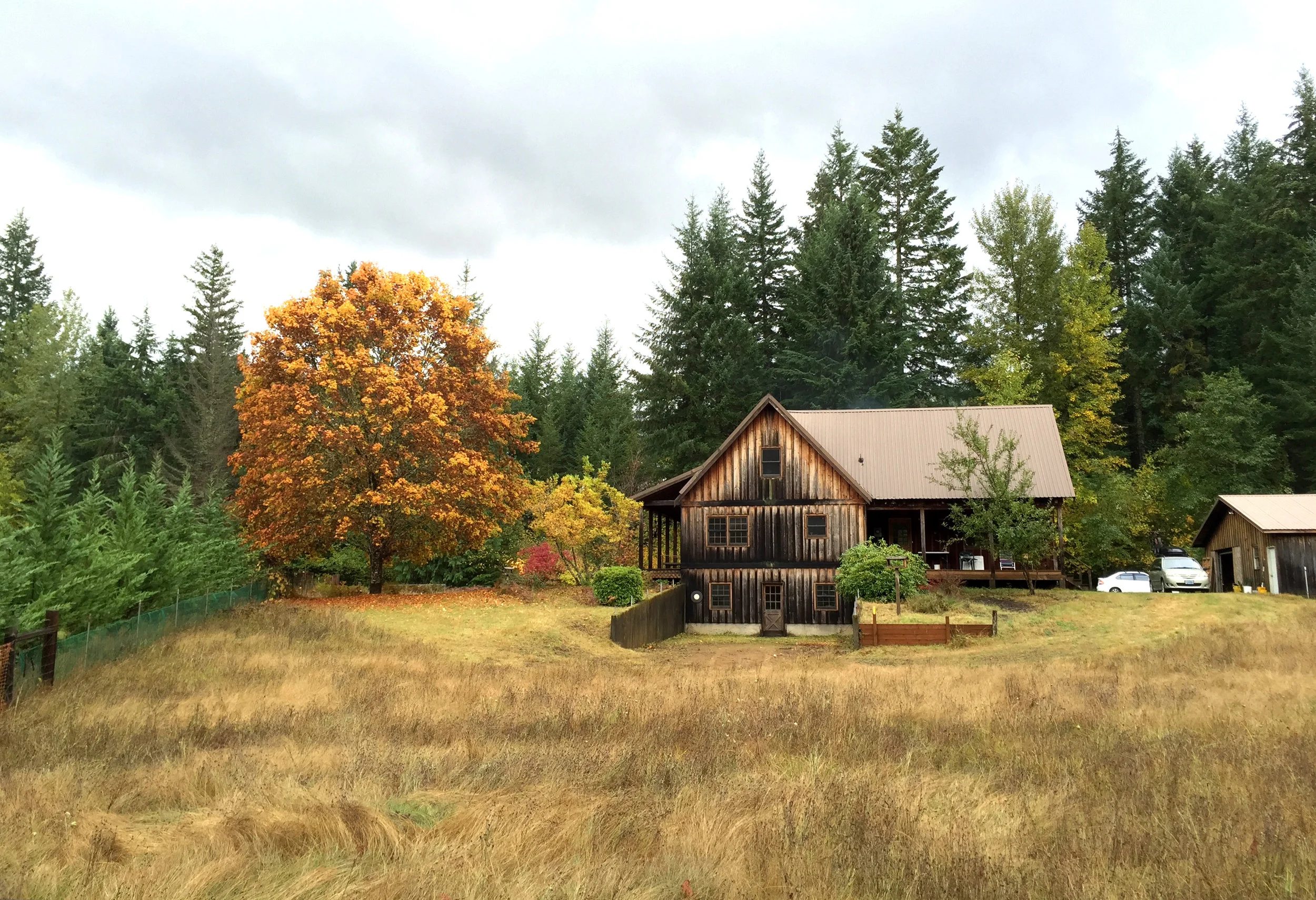By Ryan Gaughn, Alcohol Buyer
As the alcohol buyer at the Co-op, it’s one of my great pleasures to discover new, exciting beverages for our shelves – products which stand out from the crowd and speak to the place we share on this planet. Mead is one of these specialties that, with a somewhat undeserved bad reputation, is nevertheless perhaps one of the truest expressions of our region’s flora.
Mead is known as the world’s oldest alcoholic beverage. It is the end product of fermented honey, water, and additional botanicals. Evidence of human production of mead dates as far back as 7000 BC in China, where found pottery remnants contain chemical clues of the beverage. Mead has played a prominent role in Greek and Scandinavian early civilization, where it was often produced in places or times when making wine from grapes was not available (or not yet known of). Several centuries of innovations in alcohol production – beer and various liquors, primarily – and the international transport of wine resulted in greatly decreased mead production, to the point where it was almost forgotten.
In recent years, the Pacific Northwest has seen a burgeoning revival of this ancient delight. Spurred by innovation (and an overtapped beer market) but definitely rooted in a quest to continue the legacy of PNW craft beverage exceptionalism – mead producers in Oregon & Washington have dug up the old techniques, and thrown out the overly sweet amateur mead stand-ins. Just as wine and cider consumers have grown accustomed to terroir – the idea that the ingredients in an alcoholic beverage can impart a sense of the place in which they are grown – so, too, does honey production suggest the flavors of plants and crops in our bioregion. Bees, afterall, are critical players in modern human survival, being responsible for a massive portion of the pollination required in industrial farming, both conventional and organic.
I’m very pleased to present Melchemy Craft Mead as a harbinger of the great things to come for this category of alcohol. Produced by two friends, Tim and Jeffree, from their beautiful communal home and farm property in Carson, WA, Melchemy Mead holds many values – as a brand and a product – that are in alignment with the Ends Statement at People’s:
A passionate community working together for sustainability, progressive land and animal stewardship, human rights, social and economic justice.
My visit to Melchemy began shortly after a trip over Bridge of the Gods, and into the beginning of the Gifford Pinchot National Forest in Southern Washington. The property is nestled into a tree lined mountain side, and it doesn’t take long to feel as if you’ve left much of the contemporary world behind. It’s difficult to believe that not that long ago colonizing interests coordinated the large scale clear cutting of timber in this region. In fact, the land we were standing on was probably devoid of vegetation in the mid-20th century, like much of this part of the Columbia Gorge, as trees were pulled from the land en masse to fund the accumulation of capital.
“We have a neighbor who logged in this area,” Jeffree tells me. “He can tell you exactly which acres came down, for miles. It’s a source of pride for him, and many people in this community.”
Jeffree’s speaking to a reality of life and economic existence in the region which has profound implications. The land we’re standing on as we talk is the ancestral home of the Wishram Tribe, members of what is currently known as the Confederated Tribes and Bands of the Yakama Nation. For centuries, the Wishram harvested food from the forest and the great river which flowed below it. As this area was colonized, workers from around the world were imported to extract seemingly endless natural resources.
In current Carson, WA – as in much of Skamania County – the remnants of small, colonizer communities linger around a severely diminished timber industry. For much of the latter part of the 20th century, environmentalists and the timber industry in this region engaged in struggles mutually held as critical for human survival and prosperity under the backdrop of the Gifford Pinchot, some of the last remaining, pristine rainforest in the state.
“How do you make money in the forest, other than cutting down trees?” Jeffree asks. It’s a great question, because the geography of land here – mountainous, rugged – prohibits large scale agriculture and urbanity from sprawling along its surface.
Addressing this question, and breathing new economic (and sustainable) life into Skamania County is a key component of Melchemy’s mission. Tim and Jeffree routinely participate in the South Gifford Pinchot Collaborative, a democratic multi-stakeholder advocacy organization frequently attended by the U.S. Forest Service. It’s part of a next generation of forest preservation, in which environmentalists, logging communities, tribes, and business owners meet to talk face to face about balancing the survival of the forest with the economy of sustainable logging. Melchemy Craft Mead has a place in that, operating as a small business with a big mission: build a producer and service economy in the region with as minimal environmental impact as possible.
Beehives kept on the land represent that work. The homestead employs biodynamic farming practices, in which the plants and animals of the surrounding area, along with the seasonal elements of wind, sun, and rain, are integrated into land use decisions. The bees here collect pollen from the Wind River Valley, imparting terroir into the honey they produce. While some of the honey harvested from their hives ends up in Melchemy products, much more is needed to achieve the 17 gallons required for a 275 bottle batch. Priorities are placed on sourcing the most local honey possible, with 10% coming from an ultra local network of beekeepers, and the remainder being sourced from elsewhere in the Columbia Gorge and the Willamette Valley.
Jeffree and Tim are quick to dispel what appears to be a growing piece of misinformation, perhaps promulgated by new mead producers, that increased production of honey counteracts the diminishment of bee populations. Many consumers have become aware of Colony Collapse Disorder, and other complications in bee survival that have been publicized in recent years. Much of the threat to bees is directly correlated to their interstate transportation for agricultural purposes – primarily to California, and especially for almond tree pollination – and the bees’ exposure to transport stress, pesticides, and herbicides throughout the duration of their work in the fields. While it would be ideal for Melchemy to source honey exclusively from beekeepers who do not participate in this practice, it is simply not economically feasible for them to do so and keep their prices accessible. “The economy values bees for pollination fees,” Tim tells me. “The honey is a by-product.”
Melchemy believes very strongly in this degree of transparency in what they do – from the ingredients sourced for their mead, to their place as landowners and business people in their community. Each bottle produced is hand numbered; you can view the ingredients used in the bottle and their sourcing by visiting their website and correlating the batch number. Their website, www.melchemy.wine, also contains a great deal of information about the mead making process and the founders’ philosophy of land stewardship and community development. One exciting piece of this for me is their commitment to developing Melchemy as a worker-owned business. Both partners want to participate in a business that directly profits the people who produce its products, rather than a small group of investors.
I invite you to enjoy Melchemy Craft Mead this upcoming fall and winter. This mead is a perfect compliment to feasting in the colder months, and a lively addition to cheer around the dinner table. We currently carry “Uprooted” – infused with ginger, turmeric, and peppercorn – and blackberry-infused “Triple Bee”. Both are aged in oak barrels, and are not overly sweet or syrupy.
These meads retail at $21.99, but are on sale at $18.99 throughout the month of October. Come give them a try!






